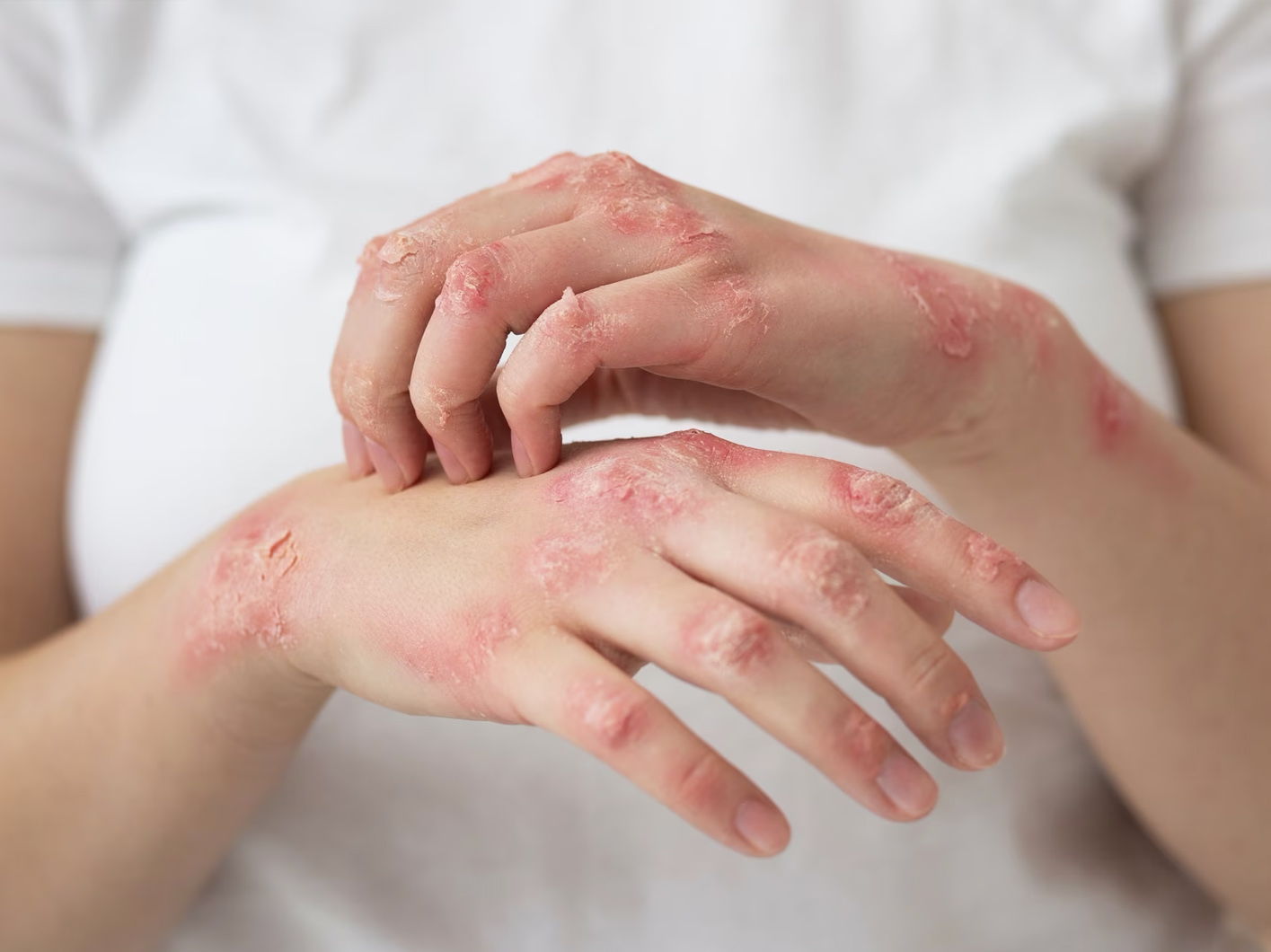
Shingles vaccination
What is shingles?
Shingles, also called herpes zoster, is a painful skin rash caused by the chickenpox virus (varicella-zoster virus).
How do you catch shingles?
You do not “catch” shingles – it comes on when there’s a reactivation of chickenpox virus that’s already in your body.
After you’ve recovered from chickenpox, the varicella-zoster virus lies dormant in your nerve cells and can reactivate at a later stage when your immune system is weakened.
Anyone who has had chickenpox can get shingles.
Is shingles serious?
Yes, it can be. Not only can shingles be very painful and uncomfortable, some people are left with long-lasting pain called post-herpetic neuralgia (PHN) for years after the initial rash has healed.
Very rarely, shingles or complications from it can be fatal.
How common is shingles?
Around 1 in 5 people who have had chickenpox (usually in childhood) go on to develop shingles. That means that 10s of thousands of people in England and Wales will get shingles each year.
How is the shingles vaccine given?
As an injection into the upper arm.
Who can have the shingles vaccination?
Shingles vaccination is available to everyone aged 70 to 79.
When you’re eligible, you can have the shingles vaccination at any time of year.
The shingles vaccine is not available on the NHS to anyone aged 80 or over because it seems to be less effective in this age group.
Read more about who can have the shingles vaccine.
How do I get the shingles vaccination?
You can have a shingles vaccine at the same time as most other vaccines. But try to leave 7 days between the shingles vaccine and a coronavirus (COVID-19) vaccine, so that if you have any side effects you’ll know which vaccine they were from.
Do you need to have the shingles vaccination every year?
No, you will not need a booster.
Will there be any side effects from the shingles vaccination?
There are 2 shingles vaccines: Zostavax (a live vaccine) and Shingrix (a non-live vaccine).
With both vaccines it’s quite common to get redness and discomfort at the vaccination site, headaches and fatigue, but these side effects should not last more than a few days. See a GP if you have side effects that last longer than a few days, or if you develop a rash after having the shingles vaccination.




